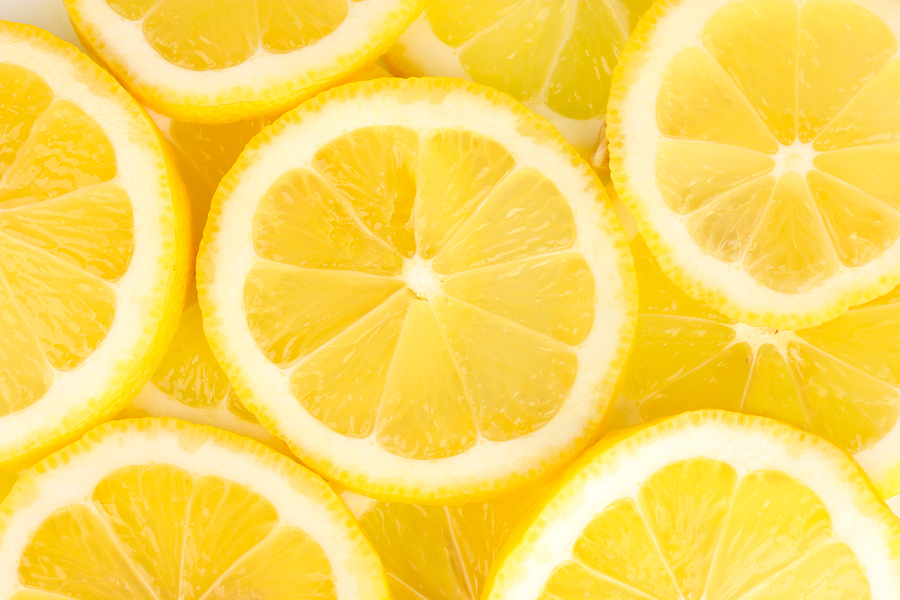
“When life gives you lemons, make lemonade.” That’s the proverbial expression driving new data science workshops organized by NIMBioS and the University of Arizona through a National Science Foundation TRIPODS+X award.
The first of two Lemon Labs workshops was held last week at UA’s Biosphere 2 with the goal to develop “10 Simple Rules” researchers should follow in data science collaboration. The three-day workshop focused on the challenges that arise in transdisciplinary teams and the strategies that have worked for meeting those challenges. The 30 participants came from a variety of data-driven disciplines, particularly in astronomy and earth sciences.
The second gathering, dubbed the Lemonade Labs workshop, will be held next spring at NIMBioS with the goal to build upon the ideas and strategies devised from the first workshop in order to improve productivity for data science teams.
“We want to encourage researchers to celebrate the times when things didn’t go quite as planned, and then to build upon the lessons learned from those trials, to improve processes going forward,” said workshop co-organizer Nirav Merchant in a UA blog post about the project. Merchant directs Data7, the UA’s Data Science Institute.
The four co-principal investigators of the “TRIPODS+X:VIS: Data Science Pathways for a Vibrant TRIPODS Commons at Scale” award are Merchant, Faryad Darabi Sahneh and Stephen Kobourov, also of UA, and Monica Papeş, who directs the Spatial Analysis Lab at NIMBioS.
The UA is one of twelve recipients of the NSF’s TRIPODS (Transdisciplinary Research in the Principles of Data Science) initiative, which brings together researchers in statistics, mathematics and theoretical computer science with the goal to develop the theoretical foundations of data science through integrated research and training activities focused on core algorithmic, mathematical, and statistical principles.
Full details about the first workshop including the NSF proposal can be found here.
